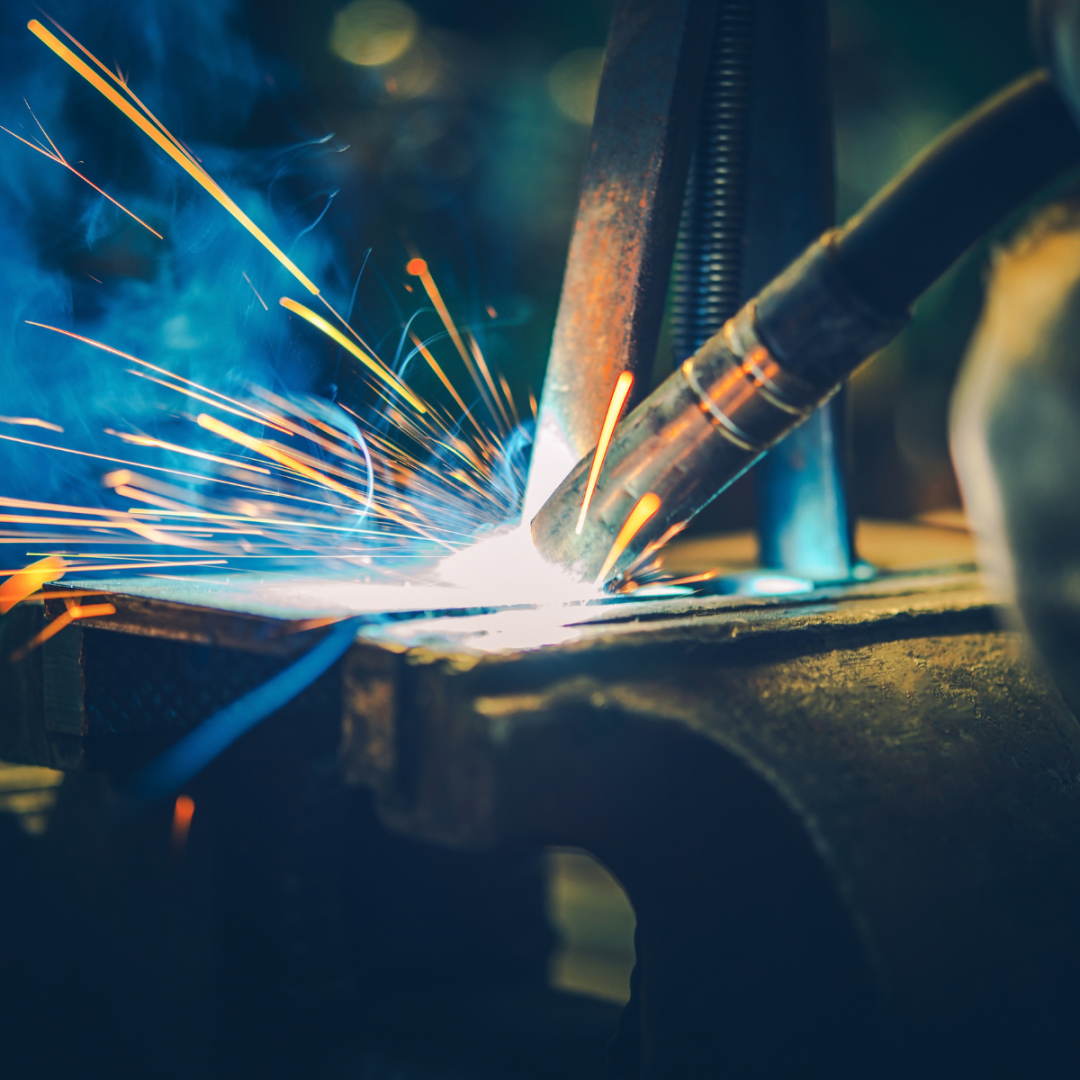“We are now witnessing a paradigm shift in the defence industry.” For Olivia Noirot-Nérin, Investment Director in Corporate Debt at Sienna IM, Europe has emerged from the era of peace dividends and, faced with the steady decline in state defence spending since the end of the Cold War, financing the defence industry appears to be a necessity. In a world where China and Russia devote an exponential share of their GDP to armaments, and where the fields of confrontation are multiplying, the defence industry, which has been used to the long term until now, must respond urgently.
Ramping up production in a sector used to the long term
However, is a country like France, which has recently been very proactive, giving itself the means to respond to these new challenges? Awareness is one thing, but the ramp-up of the production tool is another, and in this area, the latency time is sometimes significant. This limit is confirmed by Alexandre Celier, CEO of Armisia Group, an SME specialising in mechanical tools for the aeronautics industry which generates 12% of its turnover in defence. At the moment, he says, it can take 10 years between the order of a Rafale and its delivery, even the first payment from the customer can take years to arrive or simply be postponed for budgetary reasons. These delays are aggravated by bottlenecks within the ecosystem of defence SMEs and mid-caps in France. All it takes is one “bad student” within the chain for the entire production to be restricted. Alexandre Celier cites the example of civil aeronautics, whose aircraft production is currently limited.


